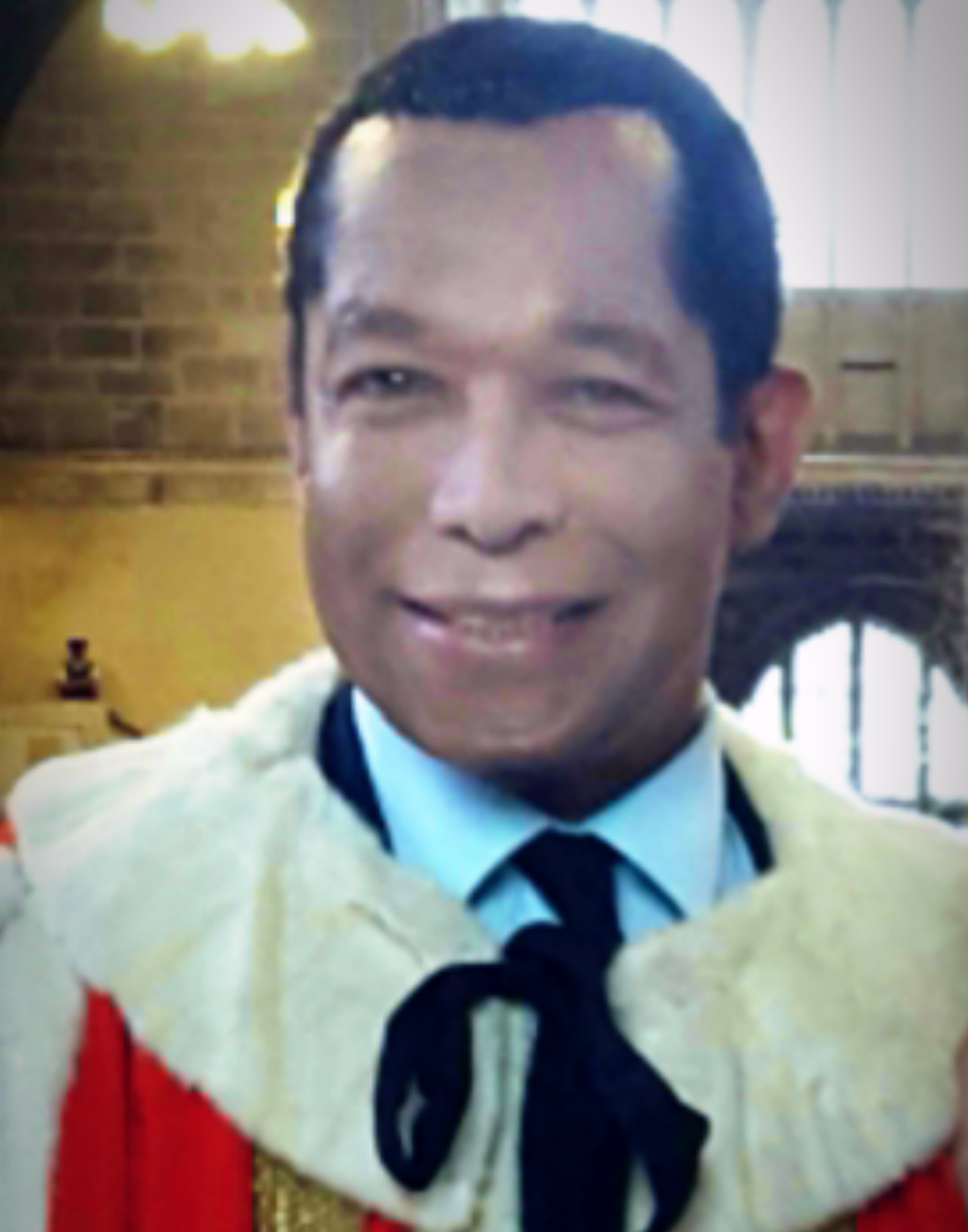In 1971 a young man from Liverpool named John Lennon wrote a song called Imagine. You may be relieved to know I am not going to sing it, but the last verse reads:
You may say I’m a dreamer,
But I’m not the only one.
I hope someday you’ll join us
And the world will live as one.
Tomorrow the Prime Minster will be the first world leader to meet the new President. There are a number of issues which she could discuss with him, including Defence, Trade, Security (including Cybersecurity), Human Rights and the Environment. But I hope NATO and the UN are top of their agenda for their meeting. Our membership of NATO is at the heart of British defence policy and we must retain our commitment to it. We meet the target of 2% of GDP on defence and spend 20% of our defence budget on major new research and development. We are the sixth largest financial contributor to UN peacekeeping, with British peacekeepers currently deployed in 6 missions around the world. Stability and prosperity are directly linked and I am pleased that we are committed to spending 0.7% of gross national income on overseas development.
I support the recommendation for increased conflict prevention. But I am not convinced that spending more is the only way to achieve this. Any increase in funding must lead to improved delivery and avoid duplication and additional bureaucracy. So there need to be reforms within the UN system, the wider NGO community and international financial institutions generally, to improve effectiveness and efficiency.
As to other recommendations by the Committee, I highlight the suggestion that the new Secretary-General, Antonio Guterres, should take steps towards forging a new global consensus on handling the unprecedented volume of refugees and migrant movements worldwide. The situation has reached biblical proportions with over 60 million refugees worldwide.
The other most significant recommendation, with which I also agree, is that the new Secretary-General should drive forward the commitments on the Sustainable Development Goals and the Paris Climate Agreement.
As the Foreign Secretary Philip Hammond said, we are leaving the EU but not leaving Europe. We are still geographically in Europe, but will no longer be inhibited in our ability to forge new alliances globally.
The territories around the Pacific and Indian Oceans present new challenges, especially for global security. So we need to strengthen our Commonwealth military alliances, especially those links with Australia, India, New Zealand and Malaysia. Whereas there are 28 members of the EU, there are 52 members of the Commonwealth family of 2.2 billion people. So Brexit bridges the way also to more trade with the Commonwealth, which has strong historic and cultural links to Britain.
My father was one of those Commonwealth soldiers who fought for Britain in the Second World War. He left Jamaica in the West Indies to enlist in the British Eighth Army to fight in Italy. Like many from the Caribbean and Commonwealth he regarded Britain as the Mother Country. I believe that Brexit provides the opportunity to rekindle and even strengthen Britain’s ties with the Commonwealth. The timing is excellent, since Britain is due to host the next Commonwealth Heads of Government Meeting (CHGOM) in 2018.
For the UK, the end of TTIP (The Transatlantic Trade and Investment Partnership) may offer an opportunity for UK/US trade. If TTIP had gone ahead, A United States with preferential access to the EU market may have seen a trade deal with the UK as a lower priority. The loss of TTIP may actually advance the prospects of a UK/US trade deal.
Last June’s Referendum resulted in a Brexit Breakaway from the EU which will ultimately improve international relations. Provided it is managed properly, Brexit will cause European and other international institutions to reform. Yes, Brexit is bold and brave. Britain will be the first country to withdraw from the EU. But as former Prime Minister Margaret Thatcher once said, “Don’t follow the Crowd, let the crowd follow you”.
